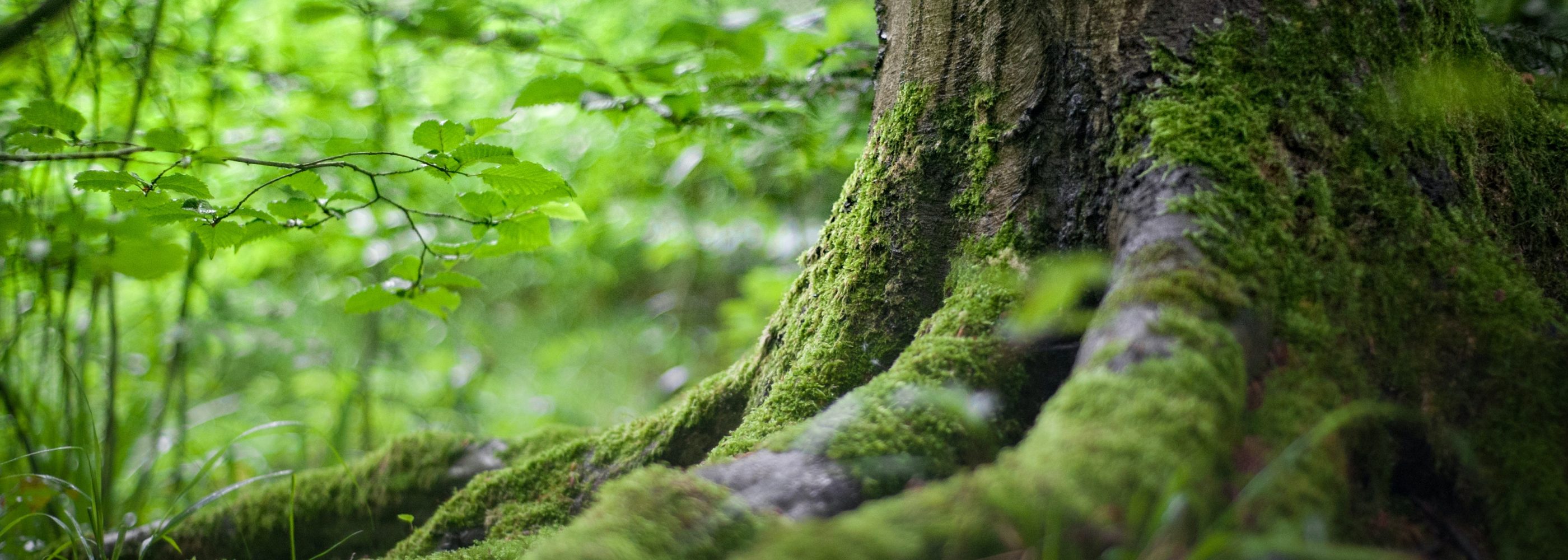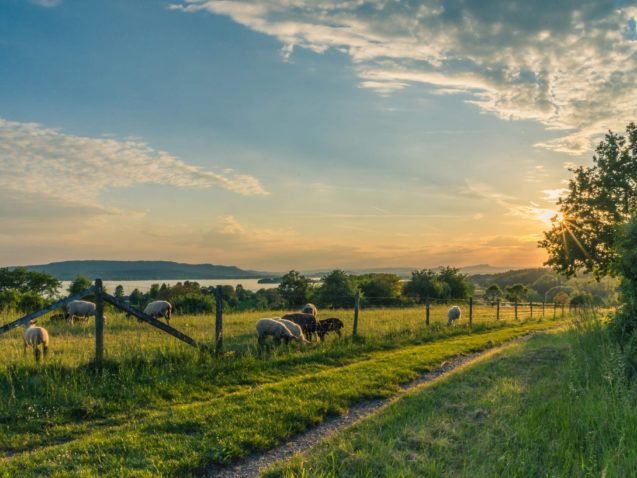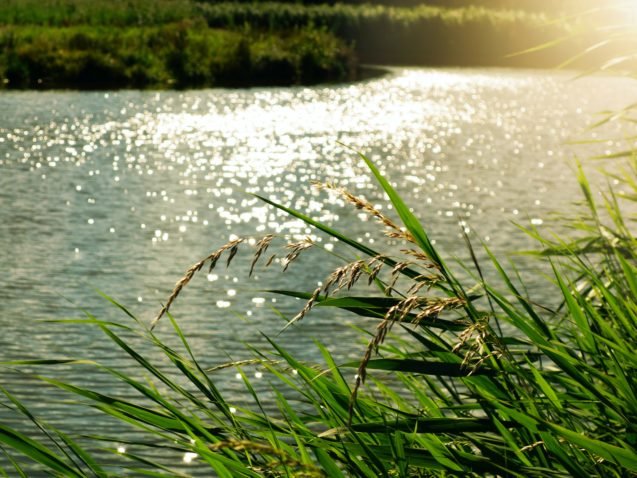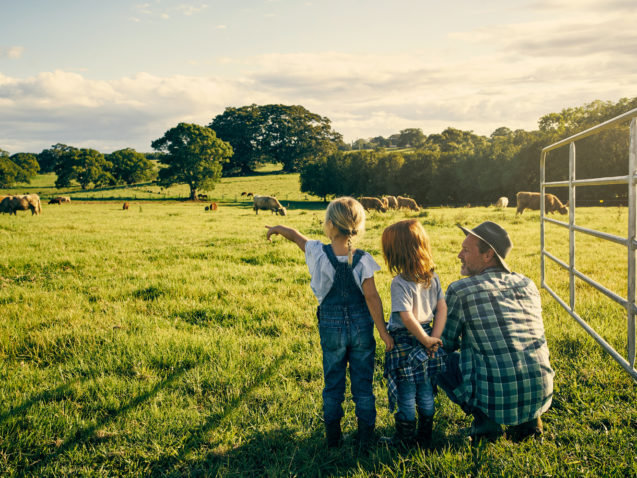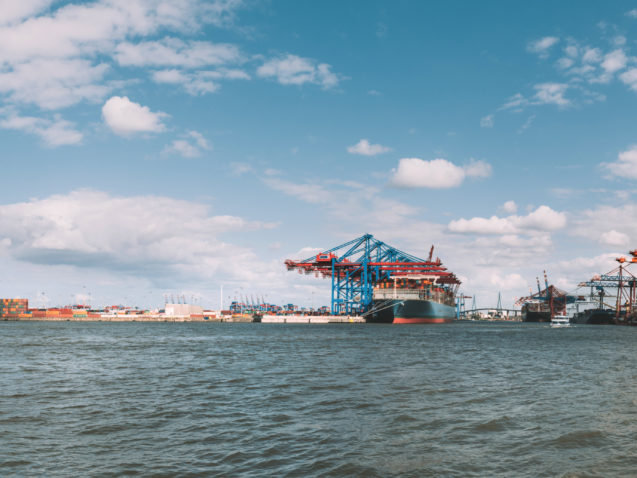The essential role of forests towards providing a healthy environment cannot be denied and the need to ensure that our food supply chains are deforestation-free is urgent.
Covering about one-third of the planet’s land area, forests provide habitats for around 80% of all biodiversity on land. They also play a critical role in mitigating climate change and responding to global warming.
But forests are disappearing at an alarming rate. It has been reported that over 2.9 million acres of tropical forest were lost in 2018 alone, including untouched rainforests equivalent to the size of Belgium, according to the World Resources Institute.
As major purchasers of agricultural produce, Europe’s food manufacturing industry relies on healthy ecosystems, and has a big role to play in achieving deforestation-free supply chains.
Our members have taken significant action in recent years (such as Mars and Cargill to name a few) and while these efforts have led to good progress, the challenge of deforestation, forest degradation, and forest conversion remains.
Food and drink manufacturers will continue to make important steps forward to enable consumers to purchase products from deforestation-free supply chains. But we can’t act alone. We have thus outlined five areas where policymakers can play an essential role.
1: Set an effective policy environment
Global initiatives such as the New York Declaration on Forests, the Amsterdam Declaration and the United Nations’ Strategic plan for forests 2017-2030, provide an important framework to meet targets set within the UN Sustainable Development Goals and the Paris Climate Agreement.
In parallel, with its 2019 Action Plan to protect and restore the world’s forests, the EU can further lead the pack to prevent deforestation. In this context, we look forward to the upcoming European Commission’s proposal on deforestation and forest degradation, due for publication in the coming months.
2: Ensure national policy coherence and implementation
It’s important to build upon existing EU instruments, such as the Forest Law Enforcement, Governance and Trade Action Plan (FLEGT) and its voluntary partnership agreements, and the EU Timber Regulation (EUTR), by bolstering their implementation at national level.
Sustainable forest management initiatives should also be ingrained within the Common Agriculture Policy (CAP) and in trade agreements alongside future initiatives on trade.
3: Support capacity building of local governments in producer countries
The EU accounts for approximately 10% of the world’s deforestation, mostly through its demand for products from around the world. Of course, this figure should be zero, but it also shows the need to support third countries to stop other causes of deforestation.
National and regional authorities need resources, education, and technical support to conserve natural forests through the integration of land use planning, forest monitoring and assessment programmes.
4: Build on reporting frameworks for due diligence and responsible business conduct
The European food and drink industry adheres to the UN’s Guiding Principles on Business and Human Rights, the OECD Guidelines for Multinational Enterprises and the International Labour Organization (ILO) Declaration on Fundamental Principles and Rights at Work.
In addition, we support further progress on an EU-harmonised framework on due diligence to encourage all actors of the food value chain to adopt sustainable and responsible business practices.
Reporting tools such as the Accountability Framework Initiative and the EU’s proposed Corporate Sustainability Reporting Directive can also contribute to the establishment, implementation and monitoring of commitments to protect forests and human rights.
5: Continue a multi-stakeholder approach
The food and drink industry supports the work undertaken within the EU platform on deforestation and we will continue to bring our expertise and experience to the table for our collective goal to ensure EU food supply chains are deforestation free.


